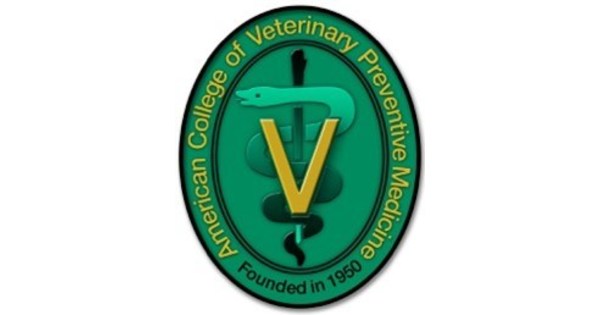Advancements in Treatment Offer Hope for Parvovirus Patients: Canine Parvovirus Monoclonal Antibody (CPMA)
Canine parvovirus, a relentless and often fatal virus affecting puppies, has long been a source of heartbreak for pet owners and veterinarians alike. Characterized by severe vomiting, diarrhea, and dehydration, the virus poses a life-threatening challenge, especially for young, unvaccinated puppies. But thanks to cutting-edge advancements in veterinary medicine, there’s a new ray of hope: the Canine Parvovirus Monoclonal Antibody (CPMA).
What Is CPMA?
CPMA is a groundbreaking treatment designed to neutralize the parvovirus in infected dogs. Unlike traditional therapies that rely heavily on supportive care such as intravenous fluids, anti-nausea medications, and antibiotics to manage secondary infections, CPMA specifically targets the virus itself. By binding to the virus, this monoclonal antibody prevents it from replicating, reducing its impact on the puppy’s system and accelerating the recovery process.
A Game-Changer for Veterinary Clinics
Veterinarians have reported remarkable improvements in the outcomes of parvovirus patients treated with CPMA. Puppies that once faced prolonged hospital stays now show quicker recovery times, allowing them to return home sooner. This not only alleviates the stress on the animals and their owners but also reduces the workload on veterinary staff, enabling clinics to provide care to more pets in need.
Why Is CPMA So Effective?
The key to CPMA’s effectiveness lies in its targeted approach. Traditional treatments, while essential, do not directly address the virus itself. CPMA, on the other hand, focuses on neutralizing the parvovirus, giving the puppy’s immune system a better chance to recover. This not only improves survival rates but also minimizes the severity of symptoms, leading to a more comfortable recovery process for the patient.
A Brighter Future for Puppies
For pet owners, the introduction of CPMA means hope where there was once despair. The ability to treat parvovirus more effectively could save thousands of lives and significantly reduce the emotional and financial toll associated with this disease.
Preventing Parvovirus
While CPMA is a revolutionary treatment, prevention remains the best strategy against parvovirus. Ensure your puppy receives their full series of vaccinations, avoid exposing them to unknown dogs or environments before they’re fully immunized, and maintain good hygiene practices in shared pet spaces.
The advent of Canine Parvovirus Monoclonal Antibody treatment is a testament to the strides veterinary science continues to make in safeguarding our beloved pets. With CPMA, veterinarians and pet owners alike can face the once-dreaded diagnosis of parvovirus with newfound optimism, knowing that recovery is now more achievable than ever.
If your puppy shows symptoms of parvovirus, don’t wait—seek veterinary care immediately. With the power of CPMA, there’s more hope than ever for a happy, tail-wagging recovery.



